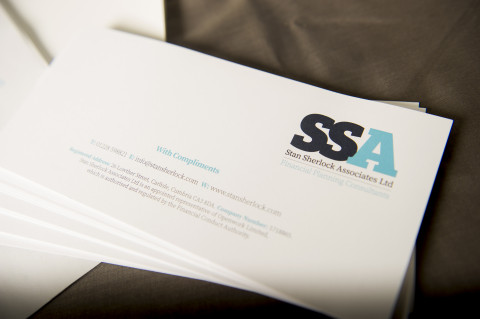Gaining Control in an Uncertain World

The current COVID-19 pandemic and its impact on every aspect of our lives is creating huge uncertainty for everyone. At Stan Sherlock Associates, as lockdown came into effect, our amazing team quickly organised themselves, decamped to home working, organised ‘socially distant’ office cover and continued to put our clients first, responding, reassuring and pro-actively managing […]
Reviewing your pension contributions

As you approach retirement, you probably want to know when you can afford to stop working. Having worked hard throughout your career you deserve to enjoy your retirement without having to worry about your finances. It may be worth reviewing your pension contributions to make sure you are taking advantage of the incentives offered by […]

